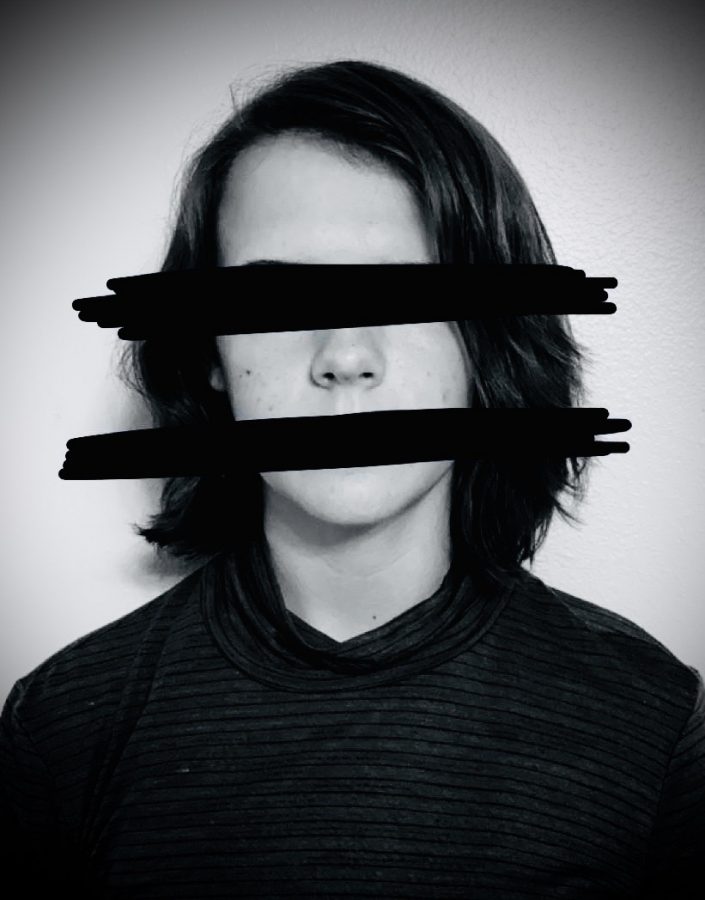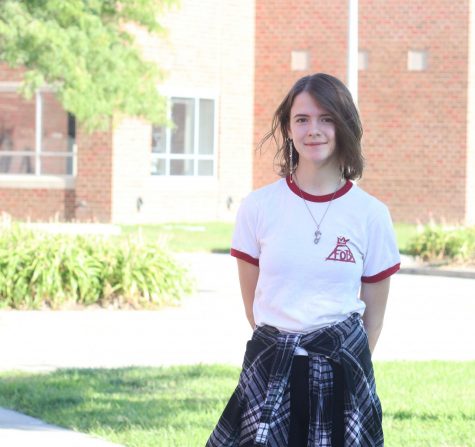Censorship: the enemy of student journalists
Nebraska still has yet to pass the bill allowing student journalists to have free press within their schools
Student voices are being limited within Nebraska. Action must be taken in order to prevent censorship within student journalism.
September 18, 2020
We are taught from young ages that our voices are important and we should share them with our community. Getting involved in journalism is a way the younger generation can do that. However, it seems that more and more schools are censoring their student’s papers. No laws are set in place in Nebraska to stop this oppression of censorship and it needs to end now.
Back in 2019, a new bill was introduced to the Nebraskan legislature. This bill, named LB206, would protect free-speech rights for both student journalists and their advisors. Schools would be able to publish without the fear of their work being modified or removed because the publications didn’t follow the image of the school or state.
LB206 was approved on January 14, by the Nebraskan legislature. The bill was placed into the “select file,” and since then has yet to be touched. It will need to be approved two more times before it reaches the governor’s desk to be set into motion. Because of the spread of COVID, the voting for the second approval has been postponed until next year’s legislative session.
This delay means student journalists are going to be waiting longer than anticipated to publish their voices without punishment. Students and teachers alike are going to keep being punished for going against their school board to gain access to their rights within the first amendment.
In 1988, the Hazelwood v. Kuhlmeier case went to the Supreme Court. Student journalists at Hazelwood East Highschool in St. Louis, Missouri, were getting ready to publish stories about experiences in teen pregnancy and the impacts of divorce. Without notifying the students, the principal removed the stories from their paper before they were able to be published. After the ruling, the Supreme court didn’t find the principal in violation of the students’ free-speech rights. They came to that conclusion because the students’ press paper wasn’t considered a public forum. Instead, they deemed it a limited one where students only post stories to fulfill requirements for their class.
Student journalism may have been thought of as a “limited forum” in the Hazelwood case, however, that is just not true in today’s society. We are in a generation where the internet plays a large factor in spreading information. The web even supports student journalism. Since schools can now post online, even more people are reading the stories high schoolers submit. A single-story from a small-town high school could reach another person across the country in seconds.
Even with the fast spread of information, according to the National Coalition Against Censorship, school news sources are considered to be school-sponsored speech, which entitles administrators to legally restrain what information is produced. While Millard West has yet to face such things in recent years, that doesn’t mean we still can’t be affected. If the LB206 law isn’t put in action soon, we could face the same reality many other schools do: censorship in our paper.
Stories become lower quality when school administration is involved in the process. Censoring publications can cause students to refrain from speaking what is truly on their minds. They are so focused on what an administrator would approve of, they stray away from their own thoughts about a subject.
Censoring doesn’t only affect students in the journalism community. It can lead to negative impacts for directors of school journalism programs. Neha Madhira, who was the director of the journalism staff at a Texas high school, was expelled from her position when she stood up to the school board who pushed back against editorials they thought of as “negative.” Journalism teachers are put in these kinds of positions every day, all around the country, to ensure their students are able to speak their minds and tell information how it is without the worry of their works possibly being censored. If the LB206 law is passed, it will prevent punishments against teachers who stand up to gain free speech rights for their students.
Our student journalism community here in Nebraska is going to continue to suffer unless the LB206 law is passed to ensure that our work is protected. This change will enact more states to follow, leading to a safer environment where students won’t have to worry about censorship and the consequences that come along with it. We will finally be able to use our rights in the First Amendment to their full extent when LB206 is passed and set to action in our state of Nebraska.








